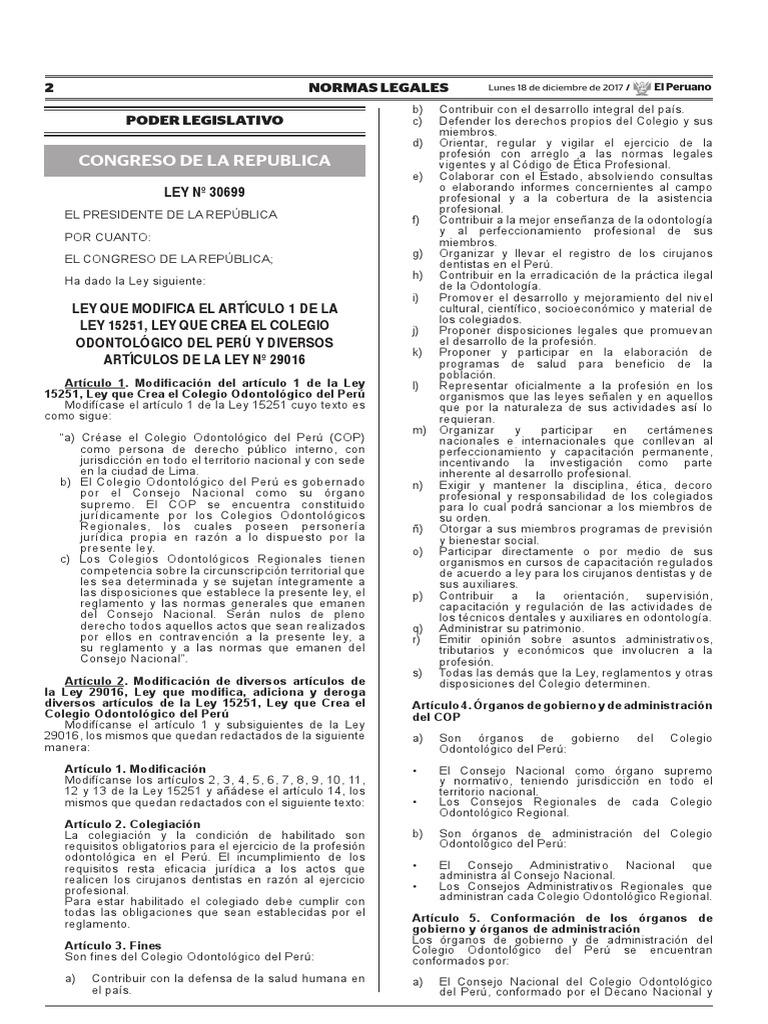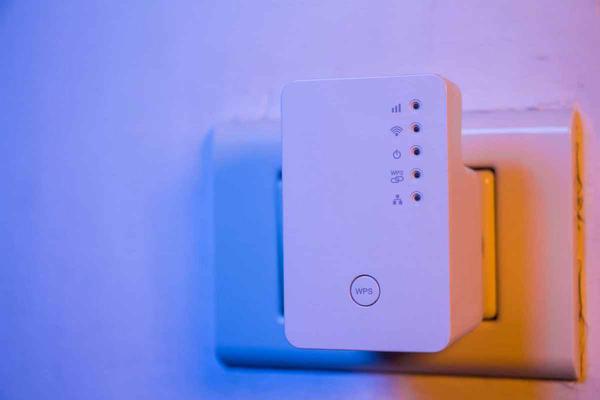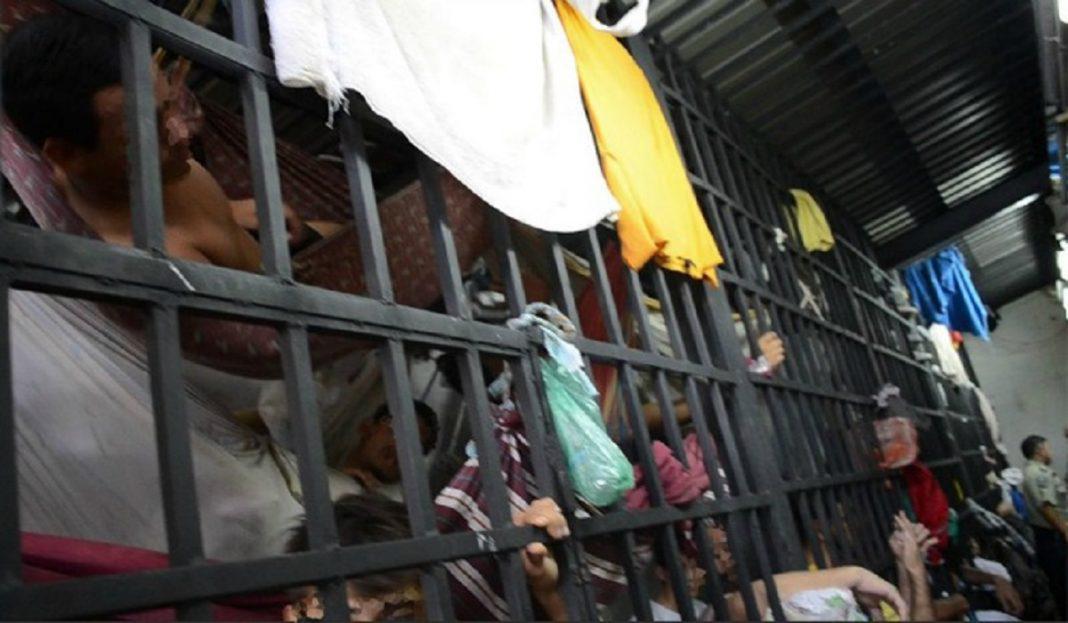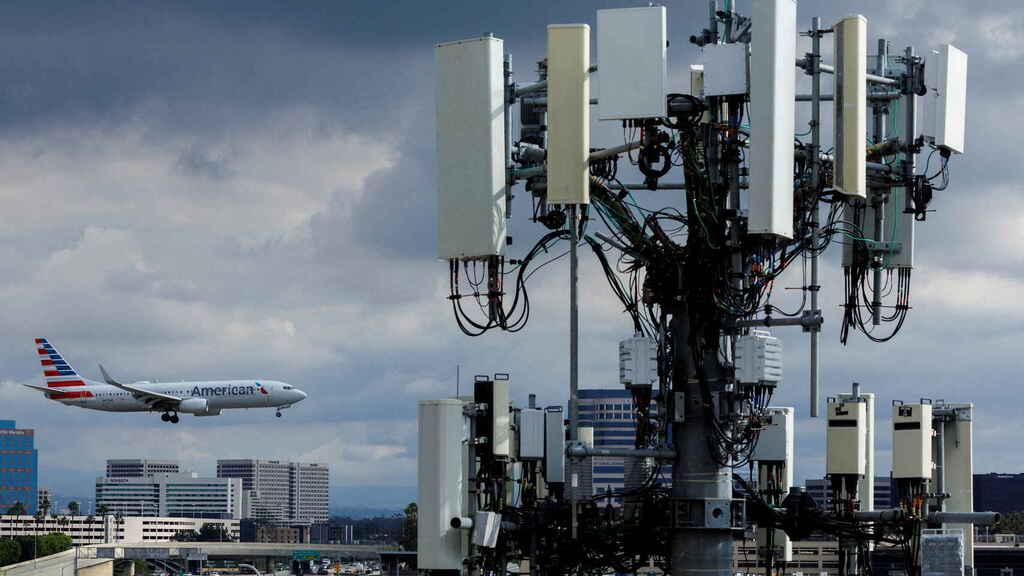Carlos Slim is left without pay TV | The Economist
Carlos Slim will continue to be unable to enter the pay-TV business. The Federal Telecommunications Institute (IFT) resolved this afternoon that the Concessions and Services Unit must establish a new project that grounds an authorization or refusal.
The elaboration of a new project will take several months and, in practice, it means that the IFT will vote again on this matter when very soon in 2023 or perhaps in 2024, said sources consulted by El Economista. This means that Carlos Slim will continue without access to pay TV.
This is one of the most important decisions for the IFT. It is part of the binational dialogue with the United States Government, since AT&T, a company from that country, is a relevant player in the Mexican telecommunications market. The possible entry of Claro TV into the pay television business is also a source of tension among the participants in the lucrative business.
The institute's session included a debate and a vote on a draft resolution that proposed denying a pay television concession to the Claro TV company of businessman Carlos Slim. This bill was voted against by three of five commissioners.
The rejection of the project was voted by three of the five commissioners that make up the full IFT. The other two commissioners of the IFT plenary voted in favor of discussing and approving the draft resolution that denied the concession to Claro TV.
These three officials found inconsistencies, deficiencies, and outdated opinions in the draft resolution, since these were made more than a year ago; In this way, they voted to reject the project and therefore, a majority was not achieved to discuss the project that promoted the refusal of the Slim family's request, a source with direct knowledge of the subject told El Economista.
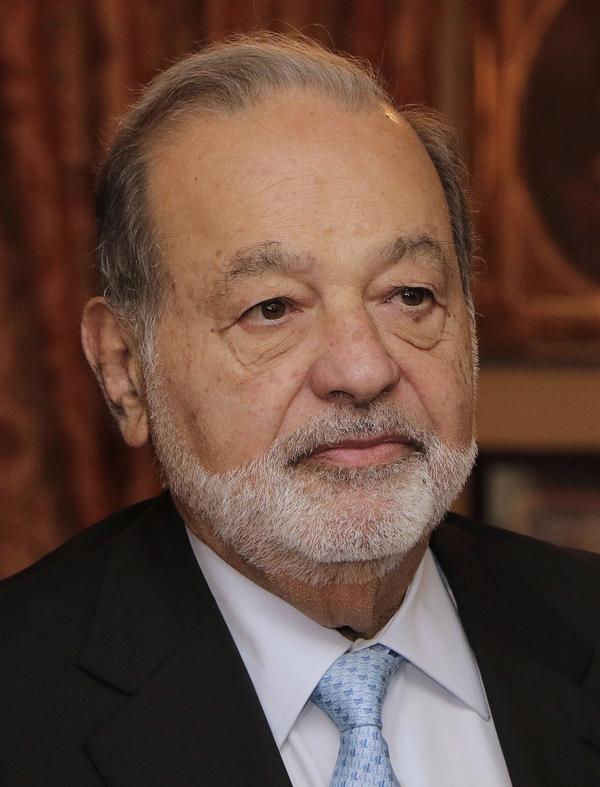
From now on, the IFT Concessions and Services Unit must establish a new draft resolution, arguing an authorization or refusal to Claro TV, and it must obtain the majority of votes of commissioners to first discuss it and then authorize or deny the concession to Claro TV.
Claro TV, five years looking for a unique concession for television
On April 3, 2019, El Economista announced for the first time that Claro TV S.A. de C.V. It was the Slim family company that in the last days of 2018 submitted an application to enter the restricted television and video business before the Federal Institute of Telecommunications (IFT).
Claro TV S.A. de C.V. promised the Ministry of Communications and Transportation (SCT) and the Federal Institute of Telecommunications (IFT), still in the government of now former President Enrique Peña Nieto, an increase in the penetration of broadband Internet and pay television in the country , in exchange for the State providing a single commercial concession in which it can be supported to sell audiovisual content throughout Mexico and then packaged with other additional services such as telephone and Internet.
The company —which is not part of the group of companies considered by the IFT as the preponderant economic agents of América Móvil (AMX), because it was recently incorporated, but whose shareholders in Mexico are Sercotel S.A. de C.V. and Amov IV S.A. de C.V. that they are, since they control Radiomóvil Dipsa S.A. de C.V. (Telcel)— guaranteed an initial investment of 6,028 million 678,884 pesos for its first service deployments that would reach consumers through the Star One D-1 satellite signal as a first stage and later, through fiber optic networks from those that an IP television product would send.
The then Ministry of Communications and Transportation externalized on November 20, 2018, almost a week before the end of the past six-year term, that the IFT regulator granted the request to that company, because the arguments, according to the SCT, that Claro TV presented to increase the connectivity of Mexicans were tied with the National Development Plan (PND) of Peña Nieto, regarding the democratization of access to telecommunications services and also, with the Communications and Transportation Sector Program 2013 -2018 of the same government.
Sources consulted said that the IFT had already resolved a draft resolution a year ago on Claro TV's request, and this project was built at a historic moment for the Mexican telecommunications sector in which reviews and public consultations on the effectiveness of the preponderance measures imposed on Telmex and Telcel in 2014.
On Tuesday, the América Móvil group, in the voice of Carlos Slim Domit, promised an investment of 8,000 million pesos, if the IFT granted the concession to Claro TV.
Filed in:
Carlos Slim Domit Clarovideo IFT Telecommunications industry
